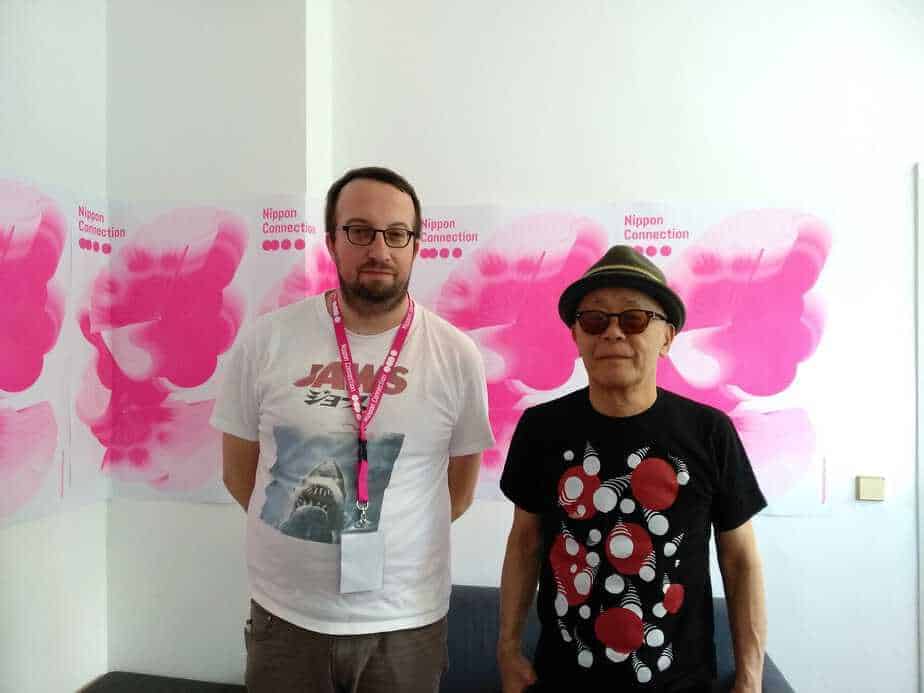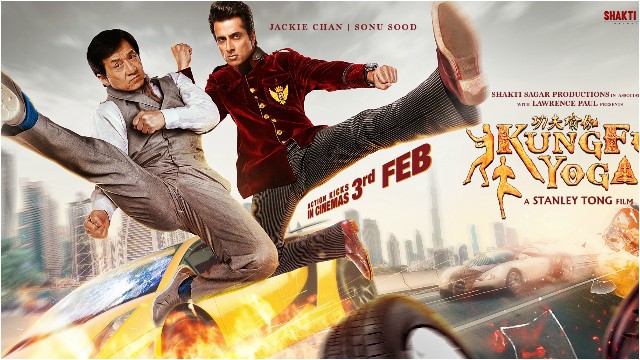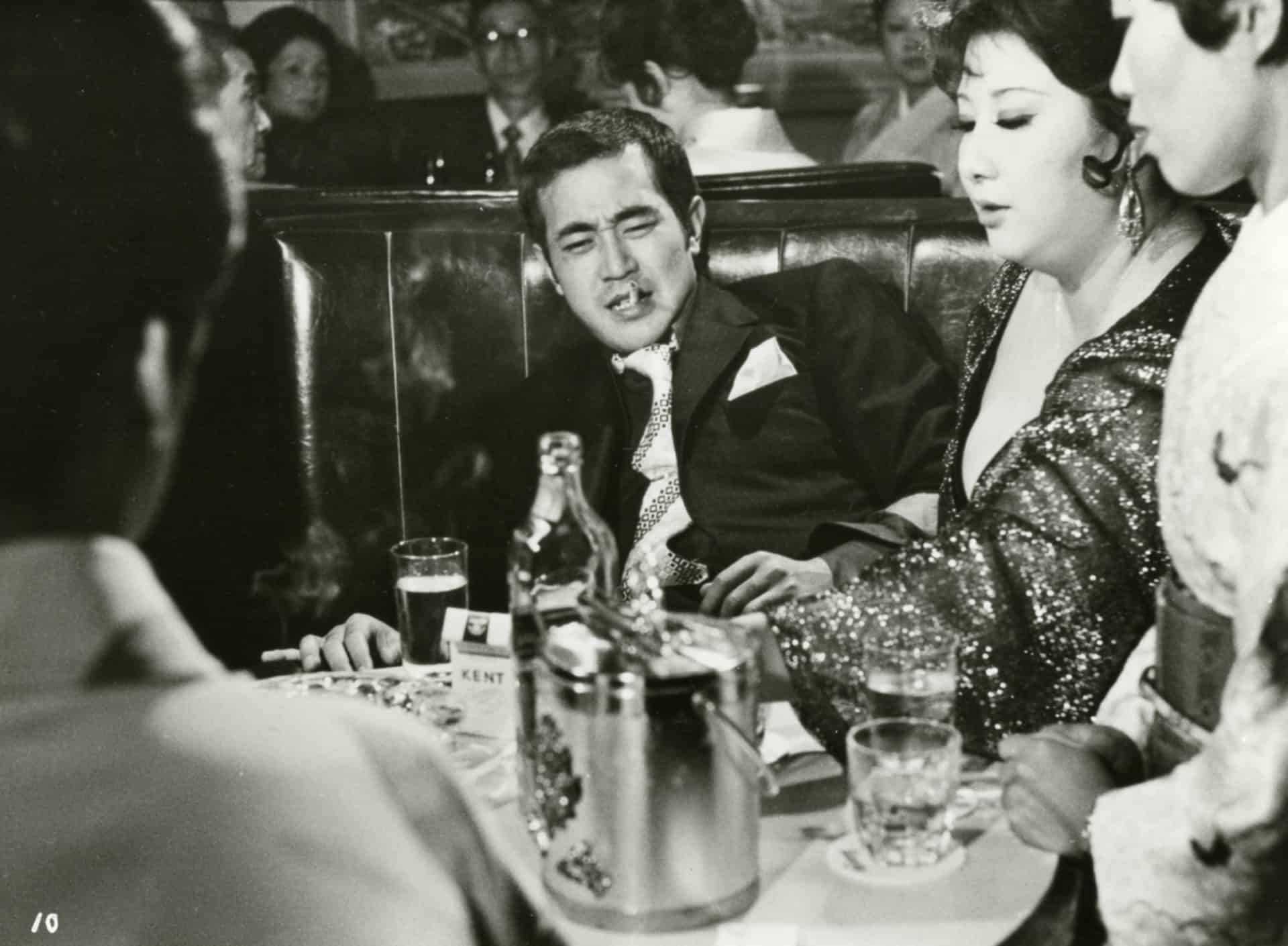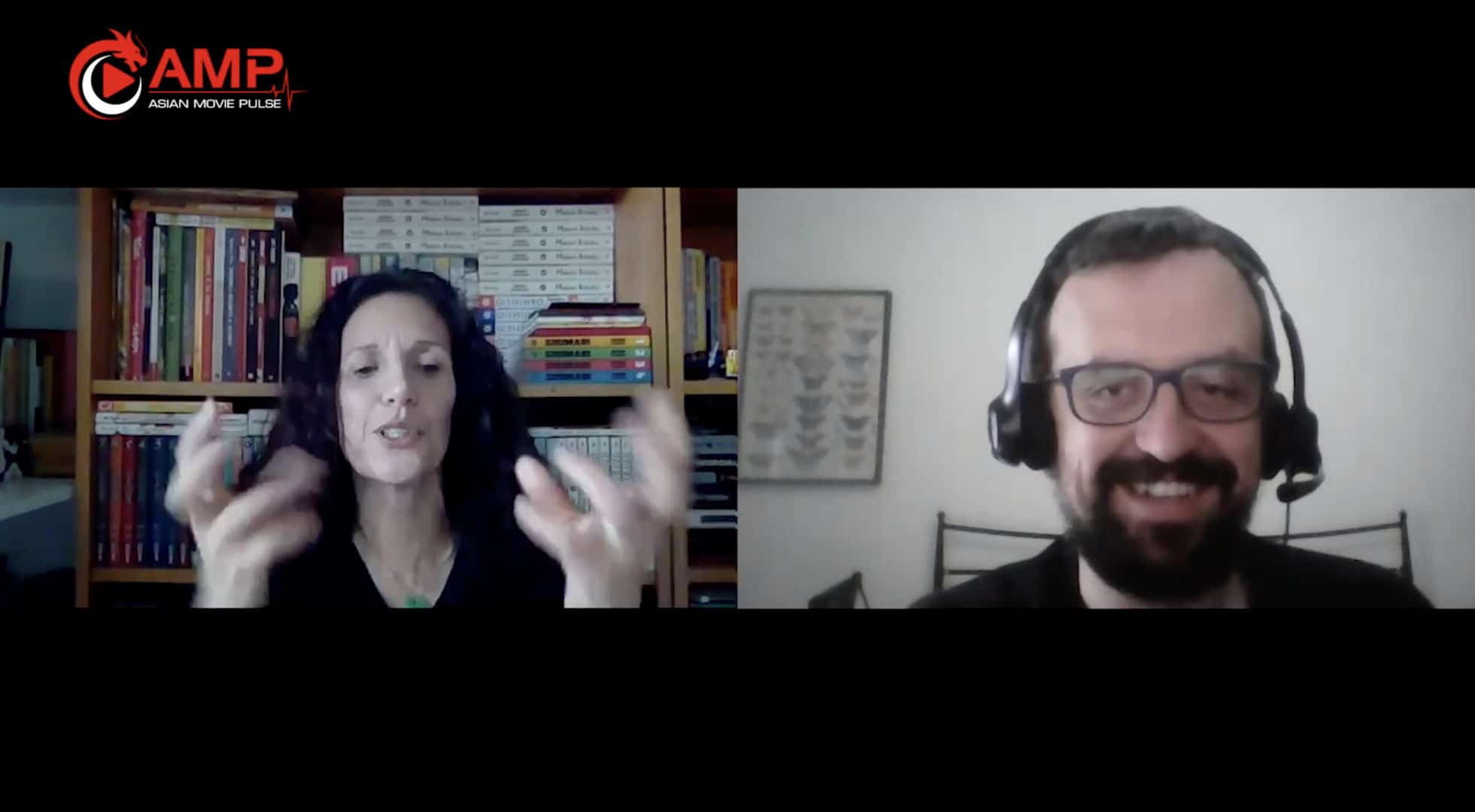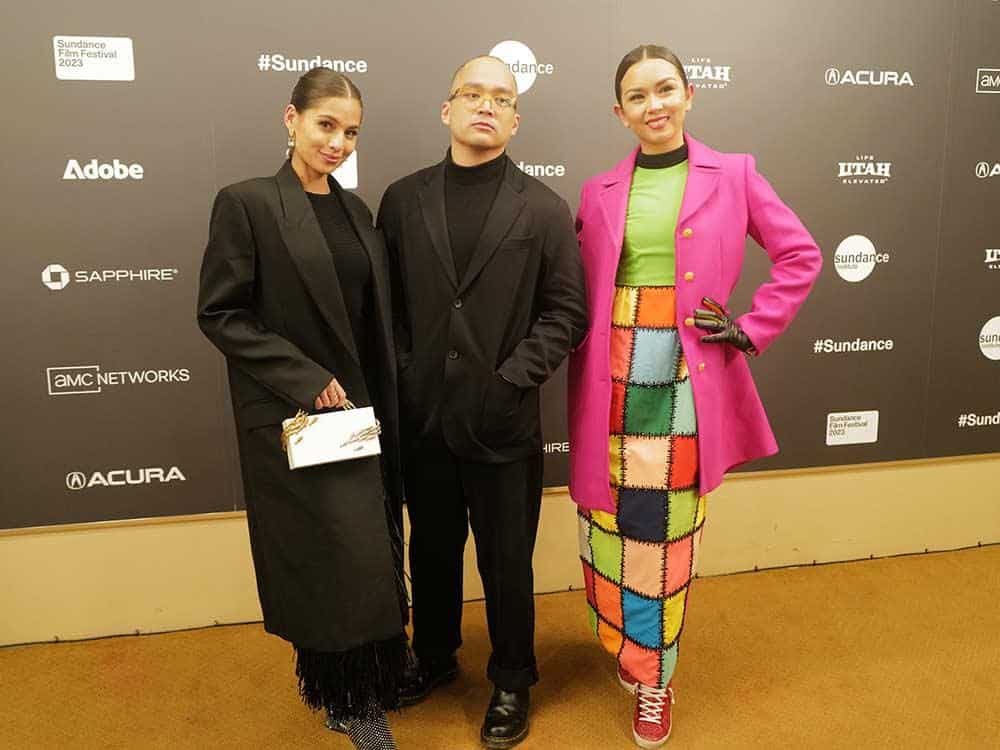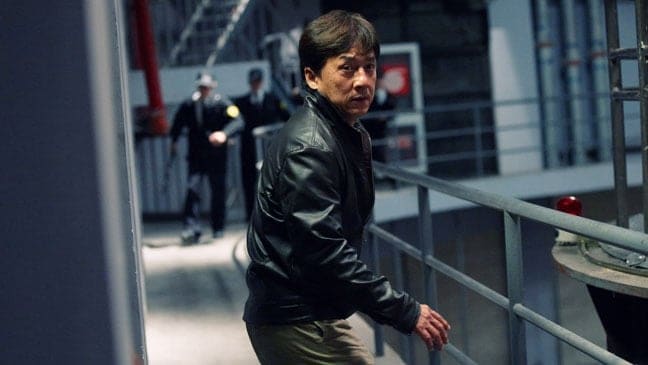Japanese director Ryuichi Hiroki's career spans over many decades as well as genres, from pink film to serious drama. Ever since his feature debut “Seigyaku!” his films have been regularly featured in many international festivals such as Nippon Connection.
We sat down with the director to discuss his film “It's Boring Here Pick Me Up”, its portrayal of youth and village life as well as his opinion to themes like being young or the meaning of family.
“It's Boring Here Pick Me Up” is screening at Nippon Connection

As you know, this year's Nippon Connection features the topic of outsiders and outlaws in Japanese society. Do you consider yourself an outlaw or, more specifically, an outlaw filmmaker?
What do you think?
Well, I would not say outlaw. But you most certainly show characters who are outsiders or who feel as outsiders at least.
That might be true, so “outsider” is a good term for them.
Your film “It's Boring Here Pick Me Up” is based on a selection of stories from the writer Mariko Yamauchi which are set in village life which is portrayed as kind of, well, tedious. How do you make that exciting for a viewer?
First of all, it is true, the film is based on various short stories from the same collection which deal with different topics. The stories and my film show a certain time in a character's life when they feel that their life is quite boring, but actually we can see there are beautiful things happening and this is what I think makes it exciting.

Your film also deals with the character's dreams and their definition of home. With regards to your film, what is your definition of home?
Basically, the topics of home and family are the most essential themes of cinema everywhere. A family traditionally consists of a father and a mother who have children, and sometimes they have none. But before they became father and mother they had a past as a boy and a girl who eventually came together to form a family. Their children have their own dramas to experience. I think this concept is one of the basics of cinema.
In this film, we see no grown-ups at all, since the characters are all young people who find, within this boredom of their daily lives, their own way. In the end, this is what the film is all about.
Is your film an attempt to portray a certain generation?
Yes, it is a portrayal of young people who have graduated from high school, have been to university and then worked two to three years. The film takes place in the time after that.
Can you describe your approach to the use of music in your film since it features very specific songs, such as the song by Fujifabric at the end?
I used this kind of music since these would have been songs these characters would listen to all the time and would love. With regards to Fujifabric, it is not a band well-known all over Japan, but it applies only to a certain generation which is the one you see in the film.

Many of your characters tend to romanticize their youth, for example, to Shinpo played by Daichi Watanabe this time seems like a utopian place almost. What is your opinion on this romantization of youth? Can it be an obstacle or even a danger?
I wonder myself. (laughs) It is difficult to say it is an obstacle, since all of us are quite attached to our youth and time in high school. Some people can escape this nostalgia and move on and some people just cannot. For them it is indeed a danger.
You worked with a large ensemble cast consisting of many young actors and actresses. How did you cast your film and worked with the actors and actresses?
The most important casting was the protagonist, which is played by Ai Hashimoto. Since she was also the first person we asked and she was interested she got the part. For the rest of the cast, we made auditions.
Can you explain your approach to the cinematography of the film?
The Japanese countryside becomes more and more similar. Before every city or town had its own characteristic, but now they consist of big highways and big stores which is kind of boring I think. For people it must be quite hard to live there, but I did not want to present this too strongly in my film.
Also, cultural institutions slowly disappear as well. I remember when every town had its own cinema, which have now become massive multiplexes. There also used to be many game parlors which have also largely disappeared. I think this process is very sad.
Given your long career what is your opinion on the state of the Japanese film industry at the moment?
I think at the moment the industry goes through big changes with many young, upcoming directors presenting their work. It is also a very inspiring time for me and sooner or later I will no longer be making films and belong to the older generation.

What is your message to young filmmakers in general?
I cannot give any kind of message to them.
If you can and want to talk about it, are you working on any new projects at the moment that you can tell us something about?
I am currently in the process of developing three to four different projects. One will be shot in the city of Hakodate and will begin shooting probably this summer. I am also working on a period drama, an adult film and an SM film.
Can you explain your approach to the cinematography of the film?
The Japanese countryside becomes more and more similar. Before every city or town had its own characteristic, but now they consist of big highways and big stores which is kind of boring I think. For people it must be quite hard to live there, but I did not want to present this too strongly in my film.
Also, cultural institutions slowly disappear as well. I remember when every town had its own cinema, which have now become massive multiplexes. There also used to be many game parlors which have also largely disappeared. I think this process is very sad.


